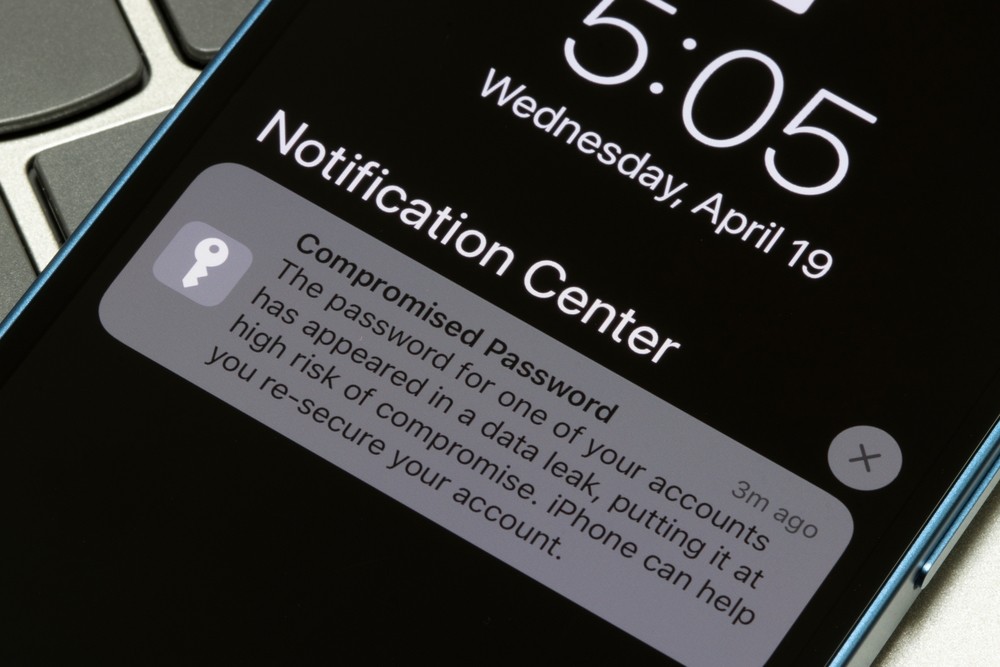Recent research from Malwarebytes, a leader in real-time cyber protection, reveals that iPhone users are taking more online risks compared to Android users, while falling for more scams. The study surveyed 1,300 adults across five countries, shedding light on worrying trends.
The findings indicate that iPhone users share more personal information, regularly reuse passwords, and are less likely to adopt security software. Alarmingly, they also fall for more scams and make riskier purchases from unknown sources than their Android counterparts.
“Too many iPhone users rely on the device’s reputation for security without taking basic steps to protect themselves, leaving them vulnerable to today’s realistic scams and silent threats,” said Michael Sherwood, VP of Product, Malwarebytes. “...Cybercriminals know that mobile devices are a fruitful gateway to scams and threats. We need to be aware and sceptical of everything...”
The survey uncovered disparities between the two user groups in their security approaches:
- 53% of iPhone users are scam victims compared to 48% of Android users.
- Only 21% of iPhone users employ security software on their devices, while this figure is 29% for Android users.
- Approximately 35% of iPhone users use unique passwords, as opposed to 41% of Android users.
- 47% of iPhone users have purchased items from dubious sources compared to 40% of Android users.
- Regarding direct social media interactions for potential deals, 41% of iPhone users admitted reaching out to sellers, compared to 33% of Android users.
This research highlights a major issue: overconfidence. Many iPhone owners put enormous trust in their device's built-in security, making them more complacent in terms of adopting additional protective measures. With a 55% confidence rate, iPhone users seem to underestimate the risks, as against the 50% on Android, potentially accounting for the discrepancies in security habits.
In response to the rising threat of scams, Malwarebytes has introduced Scam Guard, an AI-powered digital safety tool incorporated into their Mobile Security app. It functions by offering instant feedback on scams and threats, aiming to educate users and mitigate risks pre-emptively.




